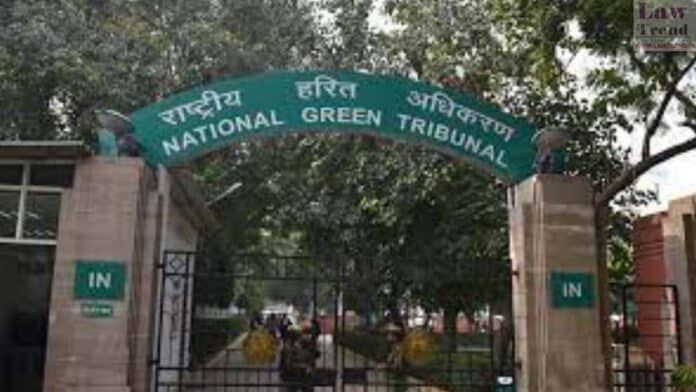The National Green Tribunal (NGT) has issued a stern directive to maintain high water quality standards in the Ganga and Yamuna rivers during the Maha Kumbh in Prayagraj, Uttar Pradesh. The tribunal’s orders come in anticipation of the significant religious gathering, which will take place from January 13 to February 26.
In a detailed verdict, NGT Chairperson Justice Prakash Shrivastava, along with expert member A Senthil Vel, stressed the importance of preventing any discharge of untreated sewage into these rivers, specifying that no drain in Prayagraj should release untreated sewage during the festival. The tribunal highlighted the critical need for continuous and stringent monitoring of the water quality to ensure it adheres to both drinking and bathing standards.
Key directives include maintaining a biochemical oxygen demand (BOD) of 10 mg per liter as the target, with a permissible upper limit of 30 mg/L, and faecal coliform levels not exceeding 100 MPN (Most Probable Number) per 100 ml. The Central Pollution Control Board (CPCB) has previously categorized a BOD of less than 20 as suitable for bathing, showcasing the strict standards the NGT aims to enforce.
Furthermore, the NGT has mandated the Uttar Pradesh Pollution Control Board (UPPCB) and the CPCB to increase the number of water monitoring points and the frequency of checks. Water samples are to be collected at least twice a week, and sample analysis reports are to be regularly updated and made accessible on their websites.
The tribunal has also called for detailed action-taken reports by December 31 and February 28 to track compliance with these directives. This comprehensive approach aims to safeguard the water quality for the millions expected to attend the Maha Kumbh, ensuring their health and safety during these significant bathing dates.




